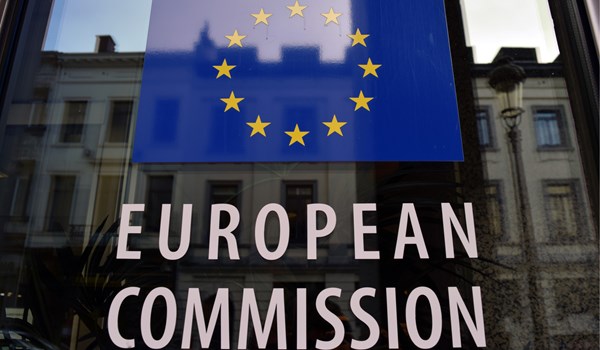Jurisdictions
Regions
Industry Sectors
16/07/20
INTERNATIONAL TAX: European Commission proposes using treaty provision over tax rules.

As published on rte.ie, Wednesday 15 July, 2020.
The European Commission has proposed using a hitherto unused treaty provision to circumvent the national veto on taxation issues.
In a move which is expected to prove highly controversial, the commission today proposed using Article 116 of the Lisbon Treaty to avoid unanimity in pushing through changes to tax rules at EU level.
The article would allow the need for unanimity on a taxation proposal to be circumvented if it were shown that the absence of the measure was causing a distortion in the single market.
A spokesperson for the Minister for Finance said: "Ireland has always been clear that unanimity is the appropriate voting system for any tax proposals at EU level. The Commission has indicated it will explore the provisions of the [Treaty on the Functioning of the EU]. We await further details."
The suggestion formed part of a series of tax proposals issued by the commission today.
The Tax Action Plan, a set of 25 measures to be proposed over the next four years, is designed to make taxation simpler and fairer, according to a commission communication.
Launching the plan, the commission confirmed it would explore Article 116 as a way to overcome deadlock on plans to reform the way taxation is dealt with at EU level.
Potentially the Commission and European Parliament could seek to move a vote on new tax measures to a Qualified Majority Vote (QMV) and away from unanimity, thus avoiding national vetoes.
Under EU law, taxation remains a national competence. Member states can decide to remove the veto on taxation issues, but that can only by done by unanimity, so an effective veto has remained.
However, the commission is proposing to use Article 116 as a way around this.
Today's communication states: "To fully deliver on the EU's fair tax agenda, all existing policy levers have to be activated.
"It is in this context, that the Commission will explore how to make full use of the provisions of the Treaty on the functioning of the EU (TFEU) that allow proposals on taxation to be adopted by ordinary legislative procedure, including article 116 TFEU."
Article 116 states that if the commission finds that differences in the way EU rules are implemented in member states end up distorting competition within the single market it can "issue the necessary directives" through the "ordinary legislative procedure".
This would mean moving to QMV instead of unanimity.
Valdis Dombrovskis, an executive vice-president of the commission, told a news conference: "Article 116 of the treaty is there to address distortions to the single market and it's true that certain tax structures may also create distortions in the single market.
"That's indeed why the Commission is working in this area and is ready to come forward with proposals [as to] how to address certain harmful tax structures which are causing distortions in the single market through this Article 116 of the Treaty.
"Of course we are aware of discussions also among member states. But I think it's true we need to explore different avenues how to make taxation more effective, how to close different loopholes in our tax systems, how to close harmful tax structures, and Article 116 can be useful in this regard."
Diplomats say the commission has been "circling" on the Article 116 issue for some time. It was mentioned by Commission President Ursula von der Leyen in a speech earlier this year.
However, Paolo Gentiloni, the EU Commissioner for the Economy conceded that since it would be the first time that Article 116 was triggered, any use of the article would need to be based on a strong case.
Last year in response to a parliamentary question, the former commissioner Pierre Moscovici said that Article 116 was not a suitable way to push through a directive on a Digital Services Tax (DST), a proposal on taxing hi-tech multinationals which Ireland other member states have opposed.
"In order to put forward a proposal under Article 116, it must be established that there is a difference between Member States' provisions which creates a distortion of competition in the internal market that needs to be eliminated," Mr Moscovici said.
He added that Article 116 would not be a suitable mechanism for proposals on tax harmonisation, such as the long-discussed common consolidated corporate tax base (CCCTB).
Ireland has long said it would engage on discussions on CCCTB, but has also expressed strong reservations.
However, the commission maintains that tax avoidance by big multinationals, as well as VAT fraud, are a "scandal" which must be addressed by new rules.
In a news conference Minister for Finance Paschal Donohoe said he would not comment on a proposal until he had seen it in detail.
"Our concerns and our views in relation to the maintenance of unanimity in how certain decision making procedures are followed are well known," he said.
Mr Donohoe said he would be talking to both Commissioners Dombrovskis and Gentiloni "in the coming months."




